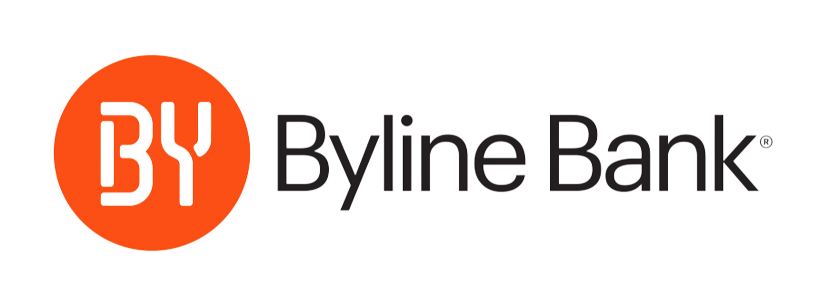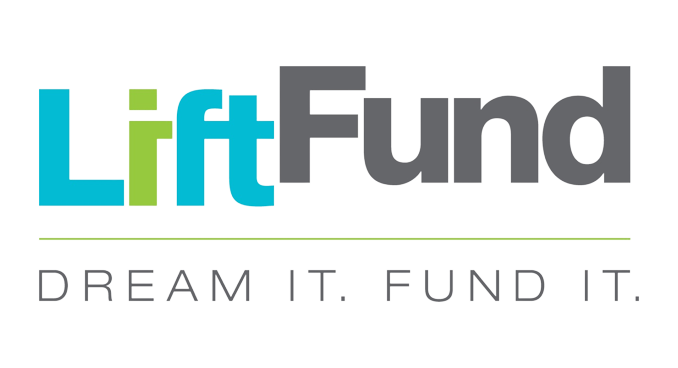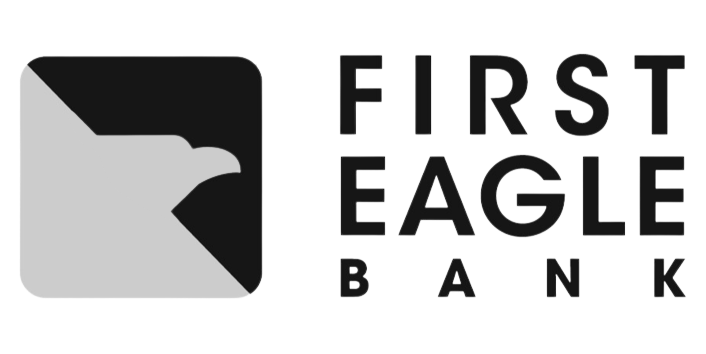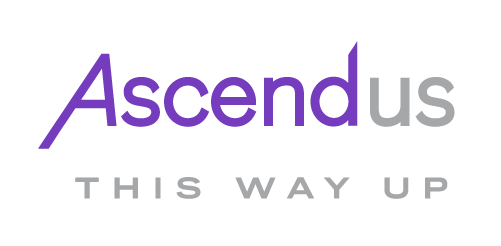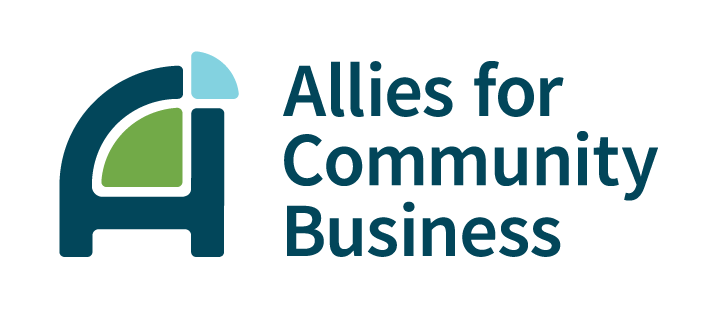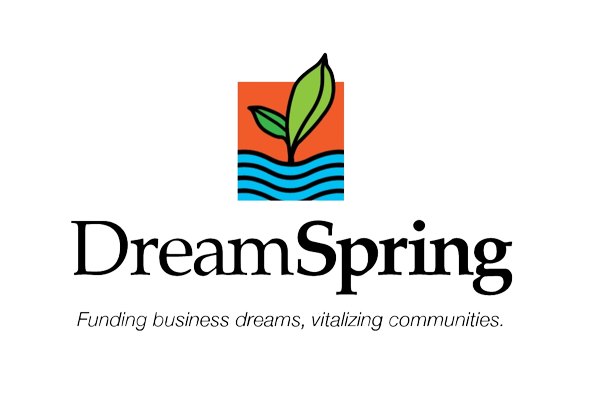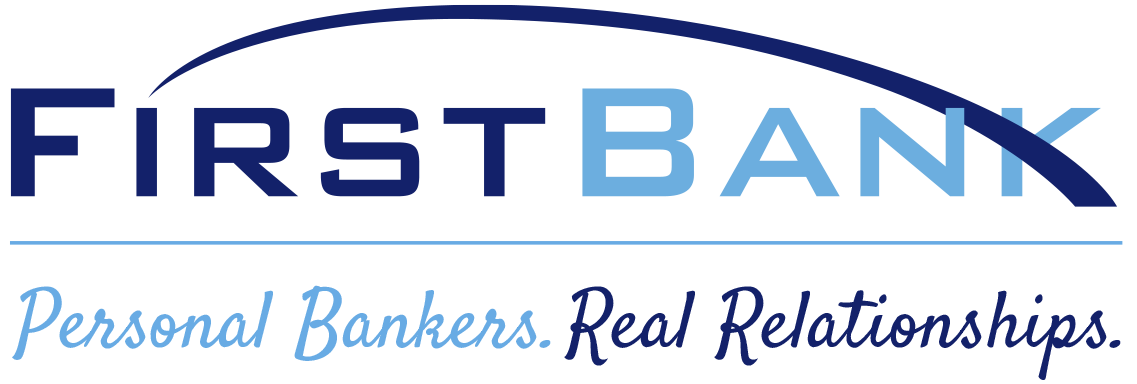Building a secondary market for CDFI loans
The problem
-
Despite the economy growing more than 40% in the last decade, loans under $100,000 have fallen 38% at FDIC insured banks. Small dollar loans that entrepreneurs can afford to repay rarely generate enough income to cover lender expenses. The success of Black, Indigenous, and People of Color (BIPOC) and women owned firms is often stymied by the many barriers they face in accessing capital.
CDFIs help fill this gap but must rely on philanthropy to subsidize operations and build their balance sheets. This reliance on limited sources of capital means fewer entrepreneurs are served.
-
A CDFI certification is a special certification given to organizations that provide financial services in low-income communities and to people who lack access to financing. These might be regulated institutions such as community development banks and credit unions, and non-regulated institutions like loan and venture capital funds.
-
Scale Link expertly sources and bundles CDFI loans so that banks have an easier time serving and empowering economically distressed communities. This translates into real change for the communities and people who need it most.
Our solution
Scale Link bundles microloans from different CDFIs and pools them together for banks to purchase. This translates into real change for the communities and people who need it most.
Helping communities
Our solution empowers CDFIs to grow their impact through reduced capital expense and unrestricted funding.
Supporting banks
Our solution centralizes expertise and volume so banks create impact they can count on.
How our solution works
Scale Link buys loans from CDFIs at the net present value, ensuring the CDFI effectively realizes the same income.
Step one
Scale Link packages microloans in a streamlined process that help banks meet their lending test under the Community Reinvestment Act (CRA), including geographic and revenue diversification in key assessment areas.
Step two
Scale Link sells loans to banks in exchange for the benefits they receive under CRA. Banks are able to efficiently meet their Community Reinvestment Act requirements and help create a more equitable small business lending system.
Step three
Banks concurrently to Step Three, provide a donation to Scale Link to help support new originations at CDFIs.
Step four
Scale Link provides new revenue back to the CDFIs. CDFIs receive more income than if they had kept the loan and revolve capital faster, allowing for more business loans in otherwise underserved communities.
Step five
Remaining proceeds cover Scale Link’s operating costs. After achieving sustainability, Scale Link will return even more funds to CDFI partners.
Step six
Solutions for banks
We are seasoned experts building a secondary market for CDFI loans.
Creating a secondary market for CDFI loans requires centralized expertise. Scale Link provides operational efficiency through standardized processes for transactions and monthly repayments and the ability to aggregate loans across markets.
When banks partner with Scale Link, they can count on CRA support that is:
By centralizing volume and expertise, Scale Link is an efficient, one-stop shop for CRA impact. Bringing deep expertise in CRA, Scale Link provides banks with CRA insights and tools to respond to fluctuating needs in their community and changes to CRA.
Streamlined
A bank can save an estimated $2,000 or more per loan by purchasing a CRA-eligible loan compared attempting to originate and service loans in similar geographies and risk profiles.
Cost-Effective
Scale Link creates custom loan packages for banks, taking into account their CRA assessment areas, key geographies and desired credit box. Scale Link works with CDFIs in diverse geographies, which means it can quickly connect banks with loans across their footprint through one transaction. Scale Link structures transactions in a way that maximizes CRA benefit within a bank's assessment areas.
Customized
Partnering with Scale Link ensures bank capital flows to underbanked entrepreneurs. In addition to being a CDFI itself, the CDFIs Scale Link works with have a mission and mandate to deliver capital to entrepreneurs of color, women business owners, immigrants, and businesses in low-to-moderate income communities, both urban and rural.
Mission-Driven
Scale Link takes extensive steps to vet CDFI partners and reduce risks to banks. In vetting CDFI partners, Scale Link assures they are up to industry standards – carefully analyzing CDFI governance, risk management procedures, financial soundness, credit approval and credit policy, financial reporting, and more. For specific loan packages, Scale Link provides a loan tape of available loans with key risk variables and third-party risk ratings through PayNet’s AbsolutePD score, utilizing industry best practices to assess risk.
Vetted
Scale Link’s loan packages are available whenever need arises for a bank. For consistent, reliable CRA credits, Scale Link offers custom recurring purchase packages, such as quarterly purchases meeting key requirements.
Consistent
Proven results for banks
Making Small Deals a Reality with Leaders Bank
Chicago area community bank searched for 5 microloans to help small businesses in the bank’s service area.
Testimonials
Solutions for CDFIs
Scale Link’s primary goal is to support CDFIs and expand their impact.
Partnering with Scale Link can provide a sustainable solution to the small business financing gap and promote financial equity and inclusion for underrepresented populations.
With decades of experience and both anecdotal and objective data, the Scale Link team knows there is a fundamental tension for small dollar small business loans between scale of impact - fairness of the product - and the sustainability of the lender. While the loans are very impactful - pulling on one aspect of the tension causes the others to suffer.
Scale Link impacts this tension by creating new revenue and scale through its secondary market while trusting and confirming the CDFI creates fair products.
When partnering with Scale Link, CDFIs can expect:
By purchasing CDFI loans, Scale Link helps CDFIs deleverage their balance sheets and free up capital that can be used to make additional loans and expand their impact.
Increased Liquidity
Scale Link offers technical assistance to CDFIs to help them grow and mature. As a “Growth” partner, Scale Link offers customized technical support and considers promotion to Preferred or Limited partner status after the lender achieves an annual loan production of at least 50 microloans per year.
Hands-On Support
No matter what size or stage a CDFI is in, it can begin working with Scale Link. Whether a CDFI is new or established, Scale Link offers a pathway to become a “Preferred” partner, which can sell to Scale Link at any time for capital throughout the year.
Customized Options
Scale Link sells as many loans as possible at an even higher price to banks, further increasing the spread to CDFIs. To date, Scale Link has paid over $6 million of new revenue back to CDFI partners.
New Sources of Funding
Increased liquidity and capital freed up from Scale Link purchases, as well as revenue donated back to CDFIs, are all unrestricted – which means CDFIs can use them for anything they need, from technology upgrades to staff salaries to more lending capital.
Unrestricted Capital
Frequently asked questions
-
Scale Link has been designed to comply with official regulatory rules and guidance related to the Community Reinvestment Act (CRA). The primary purpose of the fund is to promote economic development through direct investments in CDFIs. Loan participations assigned from Scale Link count as retail small business loans. Donations made to Scale Link count as qualified investments. Please email chelsea@scalelink.org for additional details and regulatory citations.
-
Banks can target CRA lending categories such as businesses in LMI census tracts or with $1M gross annual revenue or less. Banks may also target characteristics such as industry or loans in a specific credit box. CDFIs lend to entrepreneurs who typically do not qualify for bank financing. As a result, if a bank chooses an overly limited credit box, it may impact the number of loans available. Scale Link encourages banks to think of their credit box in relation to the total dollars at risk. While there may be many more units involved given the small loan sizes, the total liquidity commitment will typically be well below other loans the bank originates.
-
Yes. Scale Link has yet to find a bank with an assessment area where we have no loans. Please reach out to chelsea@scalelink.org.
-
Scale Link has a master participation agreement with each CDFI that governs the initial participation transaction. It is a non recourse agreement. CDFIs retain servicing and collections responsibility. Each time Scale Link does an additional purchase, a new participation certificate is created under the original master agreement. Scale Link then transfers its interest to the bank through an assignment agreement with Scale Link.
-
CDFI loan funds are nonprofits. The microloans they originate do not generate sufficient income to cover lending cost, client support, and their cost of capital. Yet we know these loans are essential to serving entrepreneurs of color, women business owners, and businesses in low-to-moderate income communities, who due to systemic bias often have smaller businesses currently unable to take on larger loans. Given the significant regulatory benefit banks receive through the purchase of small loan sizes through Scale Link, we ask the bank to support Scale Link and its partner CDFIs with a donation. Of that donation, the majority is conveyed back to the originating CDFI.
-
Scale Link does comprehensive due diligence to ensure its CDFI partners are not only good lenders but are also plugged into the community with products that are fair. Once on board, Scale Link buys loans from CDFIs when they need to sell and holds those notes until a bank is interested to purchase. Purchasing loans through Scale Link allows us to provide CDFIs working in your assessment areas with liquidity when they need it, even before a bank is ready to buy, so they can more quickly and efficiently grow their total microloans disbursed.
-
Scale Link is looking for long-term partners and will do smaller transactions to kick start the relationship. Scale Link takes a “demo over memo” approach: we encourage banks who are new to loan purchases to do a small deal to learn how easy the process can be. Banks make a concurrent donation to Scale Link along with their purchase of small business loans. The minimum donation size is $15,000. This donation supports the future lending of the CDFI.
-
Scale Link’s mission is to buy and sell loans for the benefit of CDFIs and the communities they serve. We are experts at moving quickly and have done transactions in as little as 3 business days if the loans are already in Scale Link’s portfolio Typical timeline ranges from 2 to 4 weeks.
-
Because both a grant and a purchase are completed, Scale Link typically gets a commitment from the CRA group for grant support and then completes a transaction for a loan purchase with the commercial lending or treasury group of the bank, depending on the bank structure.
-
Traditional small business lending remains a thin to negative margin business at smaller loan sizes. Scale Link assumes if a bank needs a CRA eligible loan that it doesn’t have, it will require higher acquisition cost and likely be more time intensive to underwrite versus the bank’s standard loan product. Considering both cost avoidance and the high number of units a bank can acquire at small loan sizes from Scale Link, most banks generate some returns versus other approaches available.















